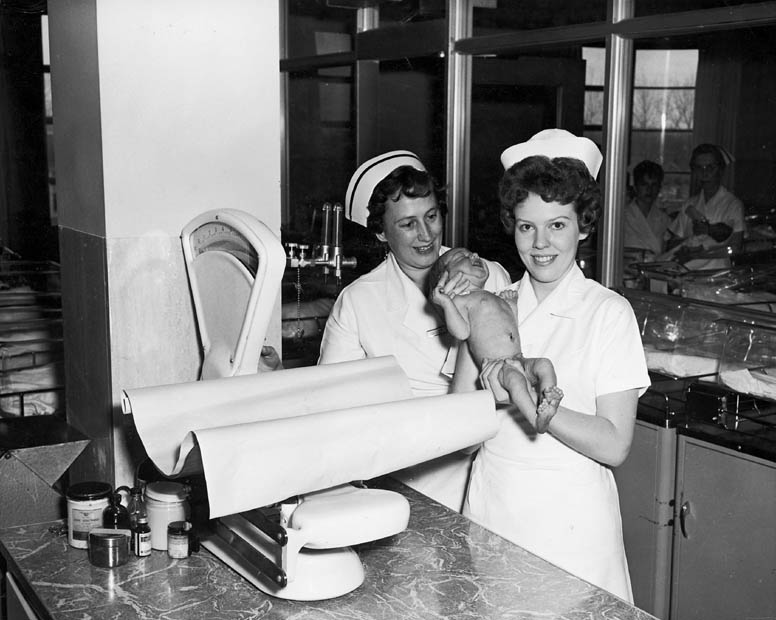Drug use during pregnancy: Junior and I will take two packs of Camel Lights, please
 Kellie Burns started this conversation on May 6, 2008 10:58 PM (CC-BY-SA-3.0-US Licensed; read more info):
Kellie Burns started this conversation on May 6, 2008 10:58 PM (CC-BY-SA-3.0-US Licensed; read more info):
A mother is supposed to nurture and care for her child. The child’s well-being is the mother’s full responsibility. Yes, I believe that if a woman chooses to become pregnant than she should commit to a healthy pregnancy and baby. During my pregnancy, I went as far as to cut out chocolate (which I happen to love). Not only should a pregnant woman cut out harmful substances such as drugs, she should also eat healthy foods that include proper nutrition needed for the development of the unborn fetus. However, not all women are capable of the discipline necessary to avoid harmful substances while pregnant. Legal drugs as well as illegal drugs are exceptionally addictive. It isn’t really a matter of “should a woman quit or avoid drugs during pregnancy?” It is more a matter of “is she capable of quitting drugs during pregnancy?” Drugs cannot be taken lightly. I have seen many friends and family members try to quit smoking cigarettes, and 99% of them have failed. Rehabilitation centers exist out of necessity.
A woman should not be punished for drug use during pregnancy. A law to discipline women during pregnancy would be extremely hard to enforce. As you are well aware, any fertile woman is capable of conceiving. Unfortunately, unlike a driver’s license, she need not venture down to the local DMV to take tests in order to conceive. Therefore, we will constantly have unfit mothers (including crack addicts, alcoholics, and etc.) birthing our children. Although this is unfortunate and sad, it is impossible to regulate. Why stress and worry about something so uncontrollable? To monitor and/or regulate a woman’s intake during pregnancy would be absurd. The resources, time, and money to accomplish this task would be far too extensive. According to the National Center for Health Statistics, there were 4,138,349 births in the US in 2005. (http://www.cdc.gov/nchs/fastats/births.htm)
Does it really make it better to blame and punish the woman? Do you think that she will stop using drugs to avoid punishment or consequences? She is obviously not concerned with consequences.
The rights of a mother and her unborn baby lead to a very touchy debate of Pro-Life VS. Pro-Choice. How can you discuss the rights of a fetus and rights of its mother without diving into the topic of abortion? I am uncomfortable with discussing my stance on abortion. People are either pro-choice or pro-life, and they will not change their mind based on an argument that they have heard a million-and-one times over. The rights of a mother and her unborn child are very debatable and subjective. The rights are not “black and white.”
In a perfect world, women would avoid drug use during pregnancy. Unfortunately, that isn’t where you or I live. I’m not going to waste my time worrying about something that I can’t control. If I had a friend or family member that abused drugs during pregnancy, then I would use all my resources available to offer them help.
Read More »Drug use during pregnancy: Junior and I will take two packs of Camel Lights, please









